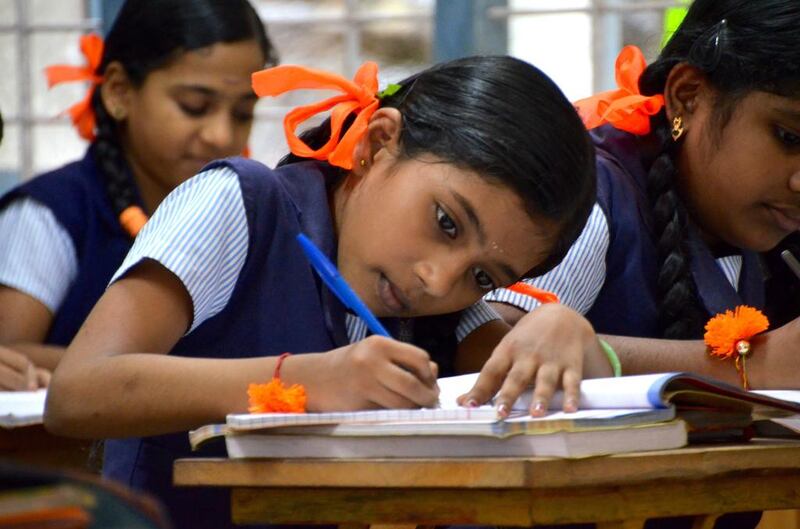DUBAI // Women and their families in India are lifting themselves out of poverty with the help of cattle and computers.
Monyati Initiatives, a non-profit NGO in the UAE, is helping such families near Kannur and Kolathur in rural Kerala to make a living by providing them with livestock and teaching them computer skills.
More than 480 people have benefited from the two projects.
“Education and employment are powerful tools to enable long-term change,” said Sajesh Sukumaran, the NGO’s operations manager for India.
Cows, which are highly regarded in India and are common livestock, could contribute greatly to poor families’ earnings, he said.
Under the nascent scheme, women sell cow’s milk and manure for profit.
“It is a great fertiliser for farming and bio-gas can be produced for their daily household needs, especially cooking,” Mr Sukumaran said.
“So this cow microbusiness not only secures a source of income for families but also contributes to a healthy and natural lifestyle.”
The aim is to develop a source of income for women and their families because milk sales are often their sole source of income.
“The first cows that we handed over give 15 litres of milk per day,” said Monja Wolf, founder of Monyati Initiatives.
“One litre can be sold for about 30 or 40 rupees (Dh2), and we would like to empower women to increase their income and improve the standard of living for themselves and their family members.”
In many cases women are their family’s sole breadwinner and they have daily household duties. “We would like to make their lives easier and more joyful by strengthening their confidence and independence,” said Ms Wolf.
“Managing their own small cow enterprise offers an outlet for them, away from possible aggressions that they at times encounter in their lives.”
The next step is to set up a four-month reporting system to measure milk supply, sales and food costs.
The data will be analysed to find out whether it is feasible to expand the initiative.
“Words seem insufficient to express what was felt when we asked a beneficiary who received two cows and calves what she wished for in life and she replied with tears running down her cheeks that nobody ever asked her that,” Ms Wolf said.
In Kolathur, 473 children at an English-language school have been taught computer skills.
The experience gained by Monyati Initiatives since its inception in 2009 has changed how it works with the people it helps.
“Creating positive change does not require complex methods,” Ms Wolf said. “It is not nurtured by emotions or passion. It is acceptance alongside commitment and courage that allow for change to flourish.”
The NGO will continue its work in India all through this year.
“We identified a boys’ shelter which accommodates 35 children,” said Mr Sukumaran.
“These are either orphans or have traumatic family experiences, which forced them to seek shelter. We would like to renovate their facilities through the provision of proper bedding, electricity, lamps and kitchen facilities.”
For more details visit www.monyati.org
nhanif@thenational.ae






